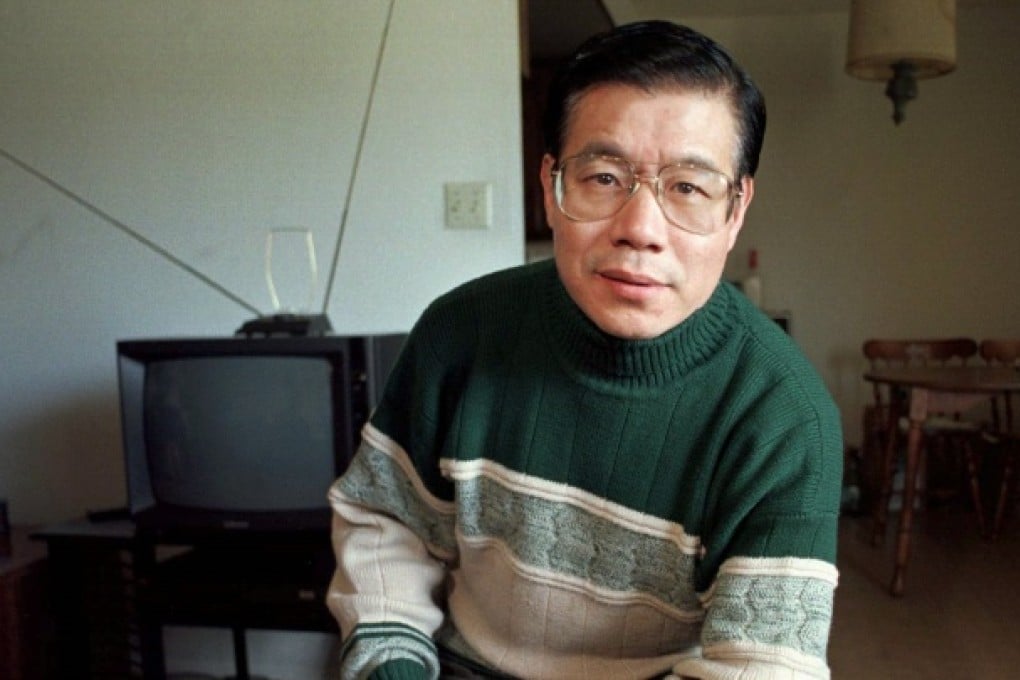Crusade of jailed Chinese democracy activist Wang Bingzhang's daughter
This year marks the 10th anniversary of a Shenzhen court sentence, which put Ti-Anna Wang's father in prison for life on charges of terrorism and espionage. A decade on, his daughter is still campaigning for his release.

Some people are named after their parents or grandparents, but Ti-Anna Wang is named after a massacre.
"On June 4, after the [1989 Beijing] massacre, it was decided that I would be named in commemoration of the victims who died that night," said the 24-year-old daughter of Wang Bingzhang. By then her father had already become one of the most prominent critics of the Chinese Communist Party.
"He was a pioneer in the activist movement," said Yu Jie, a renowned writer who left China for exile last year. "As an activist, he was a genius."
Video: Ti-Anna's fight for justice
This year marks the 10th anniversary of a Shenzhen court sentence, which put Ti-Anna Wang's father in prison for life on charges of terrorism and espionage. A decade on, his daughter is still campaigning for his release.